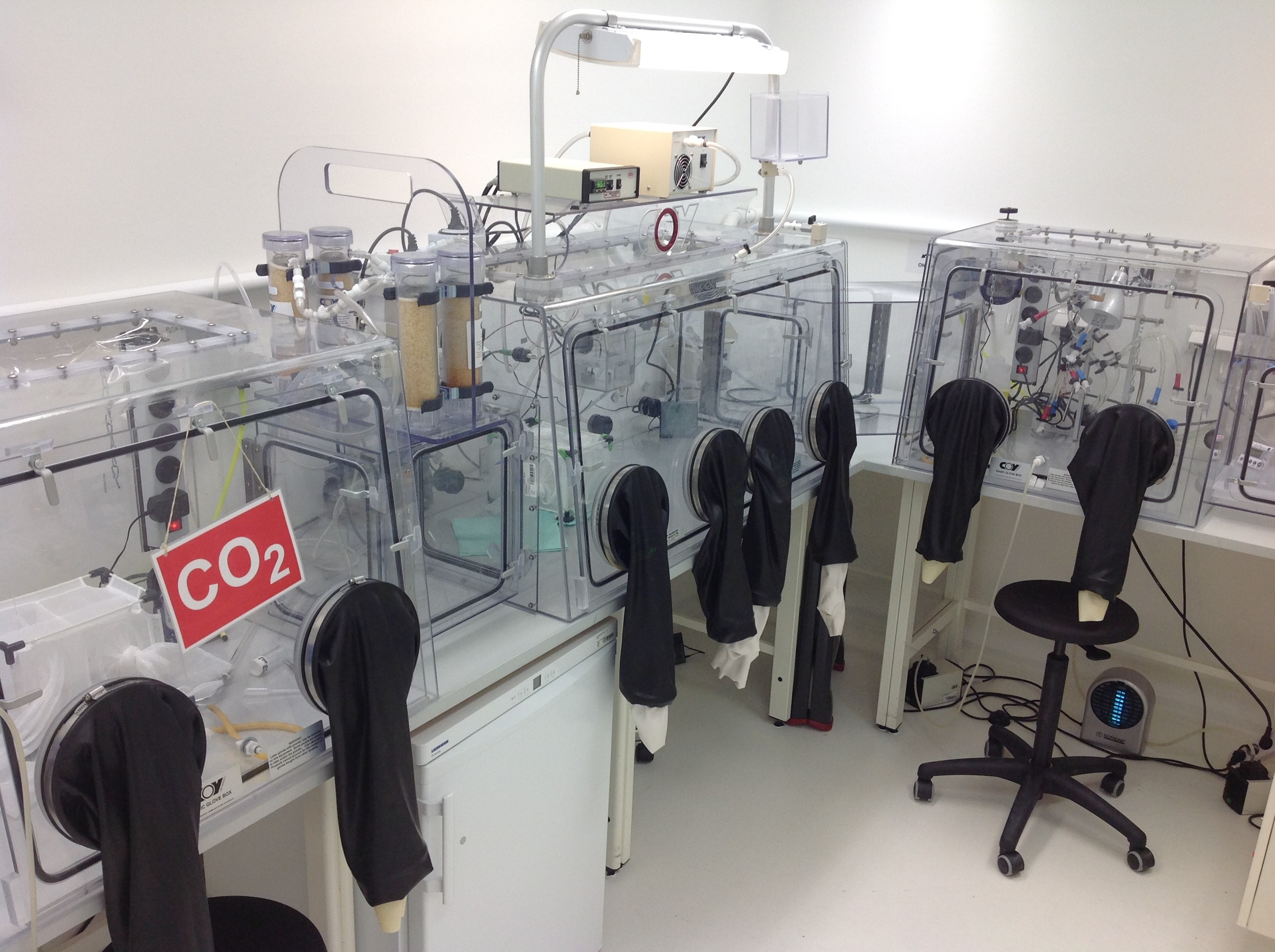Description
Material provided: Personalized training for end-users
Unit definition: 1 week of access
Biosafety Level: CL2 / CL3
Location: Max Planck Institute for Infection Biology (MPIIB), Berlin, Germany
Installation name: Max Planck Institute for Infection Biology (MPIIB)
Website: MPIIB
Description of the facility
The CL2 insectary at the MPIIB allows breeding, selection and high-throughput sexing of transgenic mosquitoes using COPAS instrument. The CL3 laboratory at MPIIB is composed by a closed system of 3 modules equipped for (i) infectious blood feeding; (ii) mosquito breeding (26ºC 80% RH), and (iii) infected mosquito manipulation. Combined with the cell culture module for continuous P. falciparum gametocyte culture, this infrastructure supports research in the field of mosquito immunity, transmission-blocking vaccine testing, and functional analysis of mosquito mutants. This infrastructure also offers a possibility to produce high numbers of P. falciparum sporozoites for traversal assays using human hepatoma cells (HC-04) and FACS.
The infrastructure enables to evaluate effects of genetic selection of a series of mosquito strains or mutations, or symbiotic bacteria, or transmission-blocking antibodies on mosquito capacity to support development of P. falciparum ookinetes, oocysts and/or sporozoites, and to evaluate their virulence using in vitro tests (traversal assay). The infrastructure was solicited by researchers from the UK, and is actively used by researchers from CNRS (France), from DKFZ (Germany) and from IIS (Italy) for testing transgenic mosquitoes, genetically selected mosquito lines, human anti-CSP antibodies in P. falciparum infections and P. falciparum knock-out parasites.
Available vectors
Experiments will be conducted with Anopheles coluzzii Ngousso strain.
Course overview
A personalized (1-4 persons) 5-day theoretical and practical laboratory-based course will provide a necessary background to plan, design and conduct P. falciparum infection studies in Anopheles mosquitoes. The course is directed to scientists and/or applicants looking to strengthen their research capacity in this area. To get the full value from the course, previous hands-on experience with asexual P. falciparum cultures and Anopheles rearing techniques are a plus.
The practical modules of the course will take place within the Biosafety Level (BSL) 2 and the BSL3 insectaries and will be accessible only for observation purposes. No infectious biological agents will be handled in the BSL3 insectaries during the course.
Course syllabus
Theoretical modules
The following topics will be cover during the course: asexual and sexual P. falciparum continuous culturing system for mosquito infections, safety considerations and BSL3 facility design, P. falciparum infection protocol and experimental design. Time will be allocated for Q&A related to specific interests of the end users.
Practical modules
Visit to the BSL2 insectaries and P. falciparum culture rooms, counting of gametocyte cultures and exflagellation assay, visit to the BSL3 insectary, mock infection in the BSL2 insectary without infectious material.
Equipment used
Trainees will use the following equipment:
- Optical microscope with digital colour-camera (DM2000 LED, Leica)
- Biological Safety cabinet for blood stage cultures (HeraSafe, Thermo Fisher)
For more information, please contact us.

